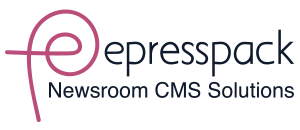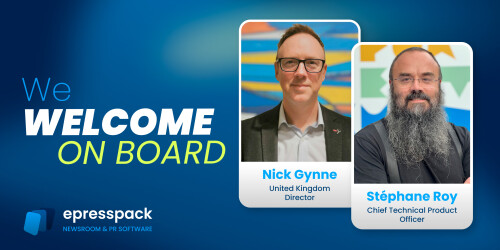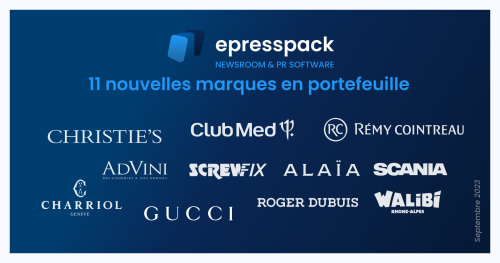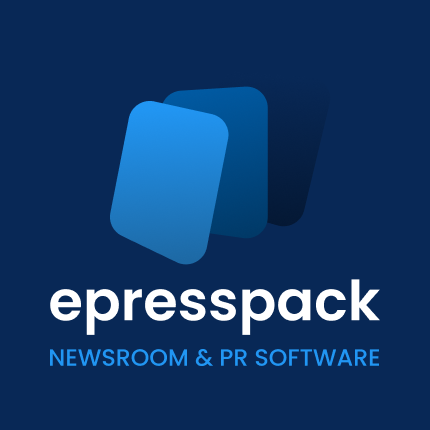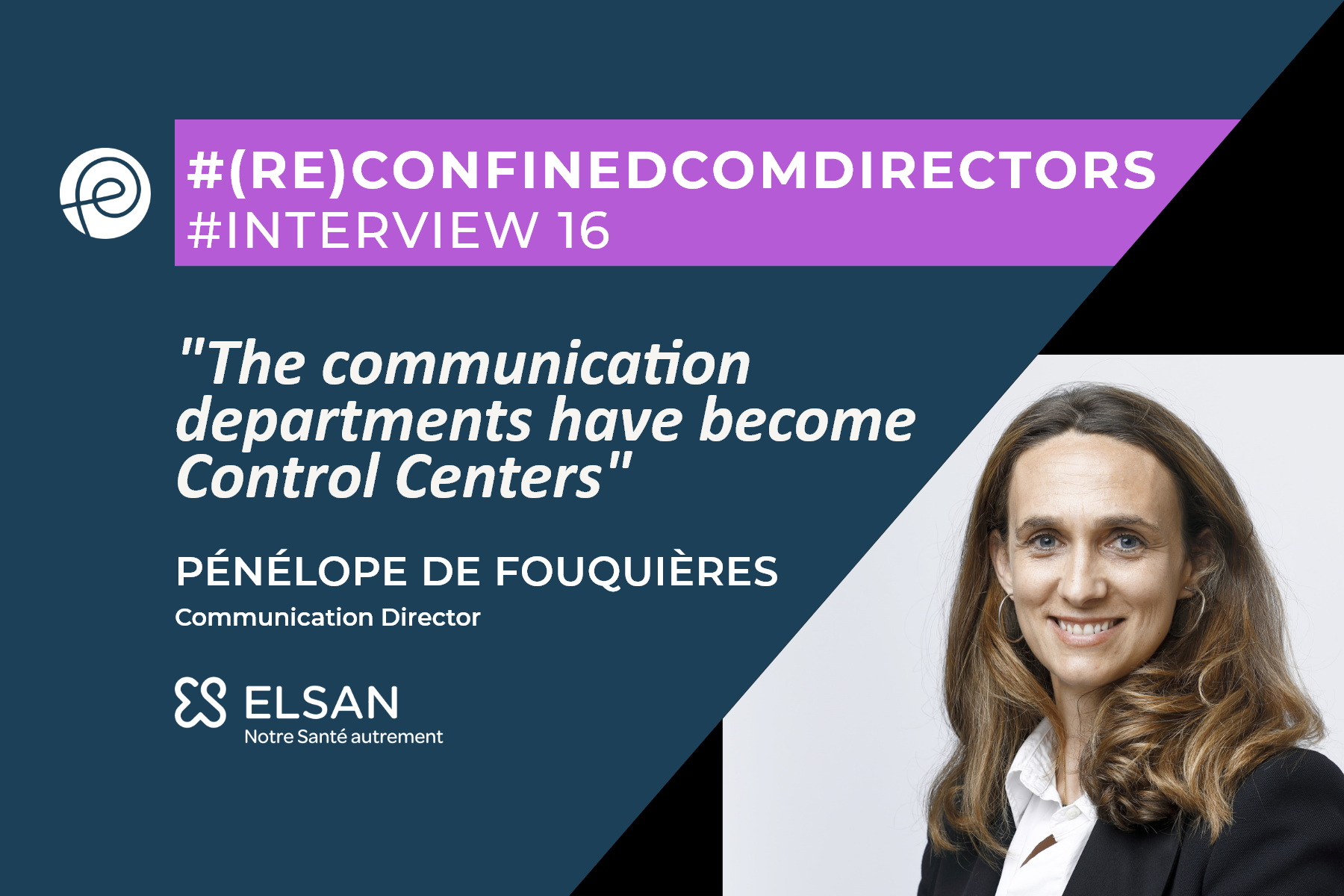
Communication director and member of the Executive Committee of ELSAN, 2nd French private hospitalization group, Pénélope de Fouquières, 44 years old, began her career as a journalist: Public Senate first for 2 years, then M6 and for magazines Capital information and Exclusive survey the following 5 years. In 2009, this holder of a DEA in contemporary history at the Sorbonne, a graduate of the French Press Institute and of the London School of Economics and political science, joined the African Development Bank in Tunisia. There, she carried out several communication missions in the development, microfinance and promotion of women sectors before joining, in 2013, her energy, environment and climate change department. She then led communication campaigns on international events such as the COP (climate conference) and promoted the Africa Pavilion at COP21. And it was in 2016 that she joined the health sector with ELSAN, which is experiencing rapid growth. In her capacity as a comm director, she now supervises a taskforce of 6 experts in digital, internal comm, video production, social networks and PR but also managing and supporting the network of 90 communication referents within the group's 120 establishments.
2020 is a very special year for you. The 20 year anniversary of the group, the Covid, a change of shareholder, are you hanging?
No one could have expected a year like this! 2020 was a long long-distance race, very enriching and even exciting given the challenges for the group, the gravity of the situation, the diversity of the subjects and the new working methods to be found in order to make faster decisions. In one year, we have lived the equivalent of an entire professional career! And then there were the discoveries on the human level. In all crises, there are the stashed, people who stay as they are and others who reveal themselves. And if all of the group's employees got involved in an incredible way, including the comm team, we got to know each other better, even from a distance. Personally, I am comforted by my passion for my job and for the health sector. We felt we were useful on our scale. So, yes I am still hanging...
What does communication in covid time look like?
The first wave of Covid has been a bit like an unpredicted hurricane. We all learned while going through it, we, the operational staff, the caregivers went through several phases. First, there was a tsunami of press inquiries just before lockdown began when the first covid patients arrived. In one month, the solicitations totaled those for a semester and the advertising equivalent, that of the whole of 2019. And then our audience on social networks doubled. Then, we worked more on our messages and wanted to highlight our caregivers and doctors both in the content and the media. Finally, we anticipated the reception and return of non-covid patients to establishments by resuming the course of more common subjects. During the second wave, we no longer feared the unknown and that made a big difference. The teams knew how to take care of Covid patients better than at the beginning.
New content formats?
We have innovated a bit. We have initiated a series of short podcasts to overcome the inability to shoot images and the project of a series of portraits of caregivers for the next year. We have also just published a book "Very patient caregivers" at Bayard, signed by independent authors who have come to immerse themselves in our establishments within the medical and nursing teams. The book, written before the confinement, was due out last spring. The idea is to show how fully committed teams care for patients by combining excellence in care and humanity. In the private sector, the personalized relationship with medical and nursing teams in human-sized establishments is an asset that many people ignore.
What lessons do you draw from the covid crisis in terms of communication?
The Covid has shone the spotlight on the collaboration that exists between the public hospital service and private hospitalization and, as a result, has helped improve our image as a complementary and responsible player in the service of health. Not everyone knows it, but 55% of surgeries in France take place in private hospitals. These have undeniably acquired a capital sympathy with the general public. In July, trust in health establishments ignored the statutes: 88% of French people trusted private hospitals and 85% public hospitals. On a more operational level, the crisis has brought us closer to human resources. We have understood the importance of more sustained internal communication throughout the group and with all employees even when 90% of them are not connected.
How do you analyze the episode on hydroxychloroquine?
In any crisis, it is normal to hope for a solution. People have found the character of Professor Raoult to be a hero or a guru and this is still the case in Marseille where he enjoys immense support. The absolute media frenzy we experienced, was it linked to the character, to the cause? I don't know… But we saw two camps crystallize. The side of hope and the side of suspicion clashed without real proof, as to this day there has been no demonstration of the drug's effectiveness, although this is disputed by its teams
.
How do you make your voice heard when you are an actor in health in the context of increasing fake news, conspiracy theories and an aggravated distrust of officials' words?
The French still trust their doctors and this trust remains as high as ever. Last October, more than 9 out of 10 people trusted them according to an Odoxa study. So it's true, it was important to try to keep a cool head in the face of all this conflicting information we were getting: easier said than done! As far as we are concerned at Elsan, we were carrying messages that were more institutional than scientific and as a result, I think we continue to be listened to.
What does the appearance of medical figures on TV shows inspire you?
We saw so-called experts get on TV shows. Suddenly, everyone declared themself a doctor! The multiplication of points of view is important for the debate, but too much news kills news. So in the end, information has been a source of confusion and anxiety for the citizens. Transparency is good, but so is sorting it out.
How do you view the information/content creation today?
I understand the need for journalists to fill their pages and for each of us to want to find answers, but we have done too much. It was very anxiety-provoking. In the media at the beginning, there was only covid news. Unfortunately, I cannot say that it would have been the best solution. Today, I find that the profession of journalist is no longer sufficiently valued; there are fewer investigations, less verification of information, media budgets have melted like snow in the sun and I worry as a citizen and professional because it is important that we have strong media and journalists.
Can fake news kill?
Fake news can't kill, no. But on the other hand, the directions of the comm have become control towers, on alert 24/7 watching over everything that is said everywhere, all the time with increasingly diverse sources. And it's not about to stop! We will have to succeed in transforming to adapt to this new situation.
How do you see the year 2021, the year of the vaccine?
I see light and it’s already good. After a difficult year, vaccines are creating hope despite an economic crisis that promises to be major and perhaps long, a drop in contamination more as important and the possibility of a third wave ... Not everyone will be vaccinated and the virus could therefore continue to circulate. We have to be careful!
About ELSAN
A benchmark player in the healthcare sector in France, ELSAN, the 2nd largest private health operator, is present in all hospitalization businesses and in all regions of France. 25,000 employees and 6,500 doctors work in the 120 establishments of the group, which treat more than 2 million patients per year and generate 2 billion euros in turnover in 2019. The group of private hospitals celebrated its 20th anniversary in early 2020 and announced the strengthening of its shareholder base. Ardian and KKR enter the capital, alongside CVC Capital Partners.



